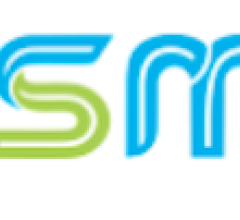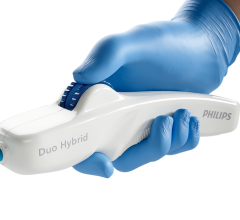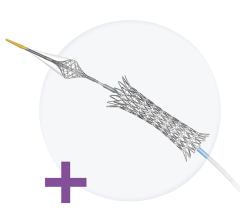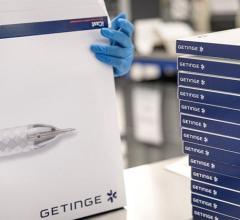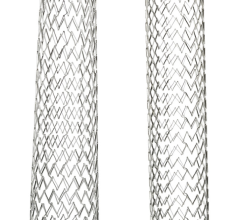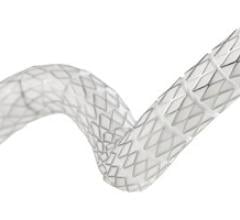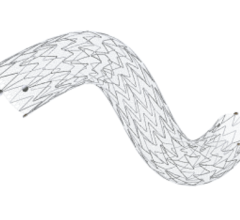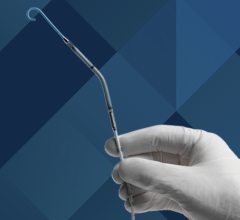April 20, 2009 - Boston Scientific recently disclosed the Court of Appeals for the Federal Circuit upheld the District Court’s decision that Johnson & Johnson’s (J&J) Bx Velocity and Cypher stents infringe Boston’s patent.
In March the Appeals Court reversed the District Court with respect to J&J’s infringement claims against the TAXUS Liberte Stent and instructed the District Court to dismiss those claims with prejudice. Boston Scientific expects to receive a favorable financial award based on the Appeals Court’s ruling, but in accordance with accounting regulations the company will wait until payment is assured before recording any related gain.
However, the Court of Appeals also affirmed the District Court’s decision that Boston Scientific’s Express, TAXUS Express and Liberte stents infringe one J&J patent. The court also affirmed that Boston Scientific’s Liberte stent infringes a second J&J patent. The company will record an accrual of $237 million ($197 million after-tax) in the first quarter for its estimated exposure on this ruling, in accordance with accounting regulations. This amount represents an estimate of the low end of the range of potential outcomes related to this matter. The range is subject to substantial estimation, including attempting to determine the possible future findings of a jury. As such, the high end of the range cannot be reasonably estimated at this time, the company said.
A damages trial on the above infringements has not been scheduled. No payments are expected to be due until 2010 or later, from either Boston Scientific or J&J.
"We were gratified the appeals court upheld the finding that the BX Velocity and Cypher stents infringe our patent,” said Jim Tobin, president and chief executive officer of Boston Scientific. "We believe this ruling has the potential to result in a significant award from J&J. More broadly, the ultimate resolution of these matters will represent a further reduction in the risk and uncertainty associated with outstanding litigation."
On March 16, the company said it had agreed to settle all outstanding litigation with Bruce N. Saffran, M.D., Ph.D, after a federal court jury in Texas found that the company’s TAXUS Express and TAXUS Liberte stents infringe Dr. Saffran’s patent. The court awarded him damages of $431 million, plus $69 million in pre-judgment interest. However, the company said the settlement calls for a $50 million payment ($43 million after-tax) in the first quarter, and Boston said it does not plan to record any additional charges in relation to this settlement.
The company also announced it will record restructuring and restructuring-related charges of $37 million ($26 million after-tax) in the first quarter associated with its previously announced plant network optimization and expense and staff reduction initiatives.
Boston Scientific also announced it will record a net gain of $63 million (on both a pre-tax and after-tax basis) in the first quarter related to the resolution of the rate of taxation on proceeds received by the Company in 2008 for one of its divested businesses.
For more information: www.bostonscientific.com


 November 24, 2025
November 24, 2025 

